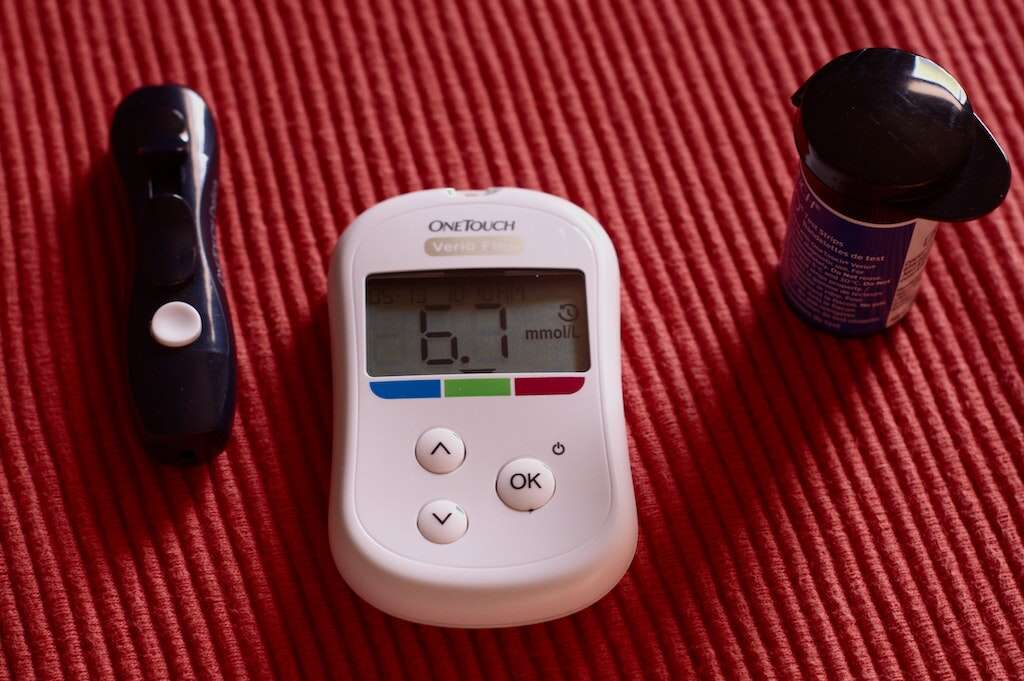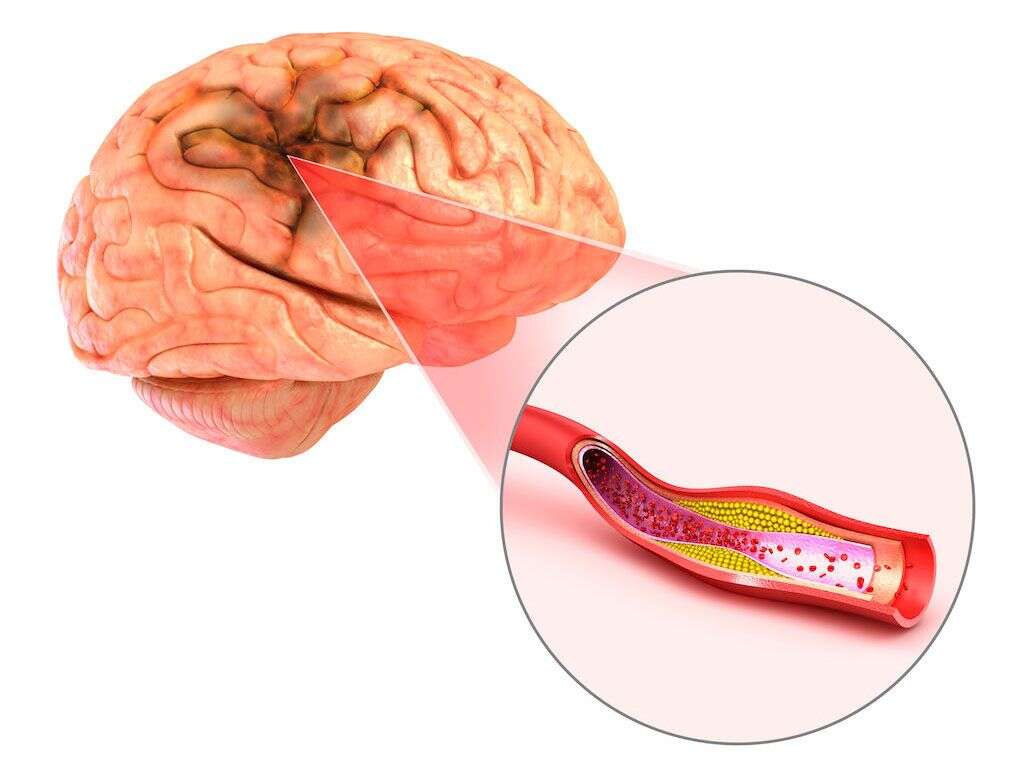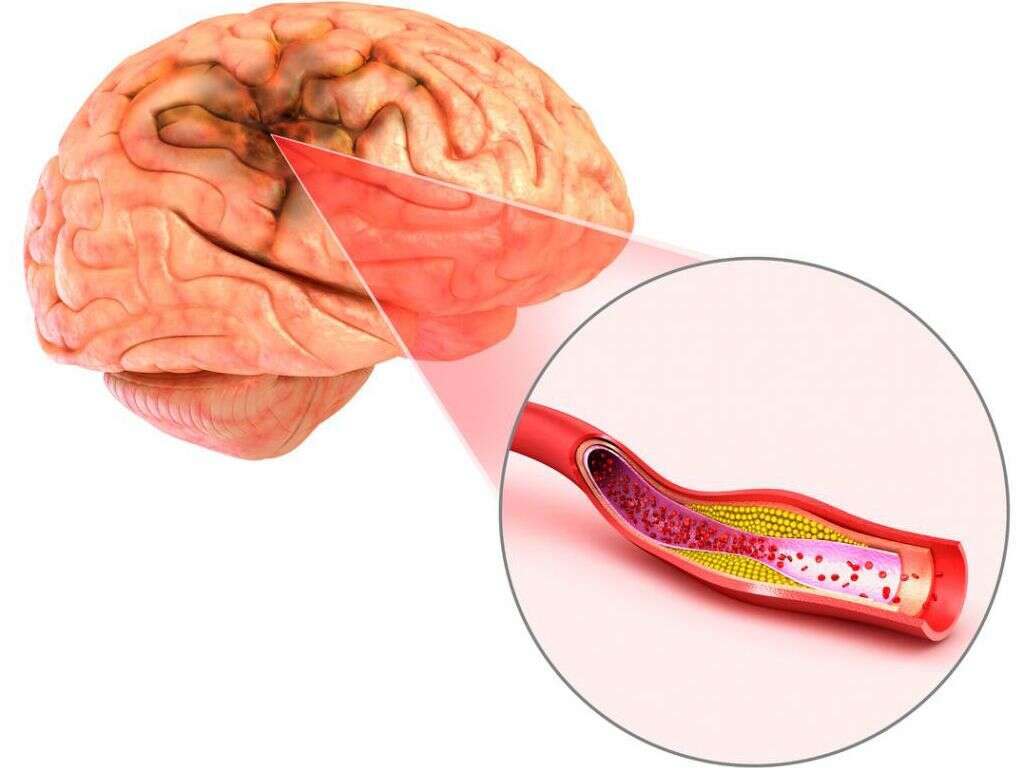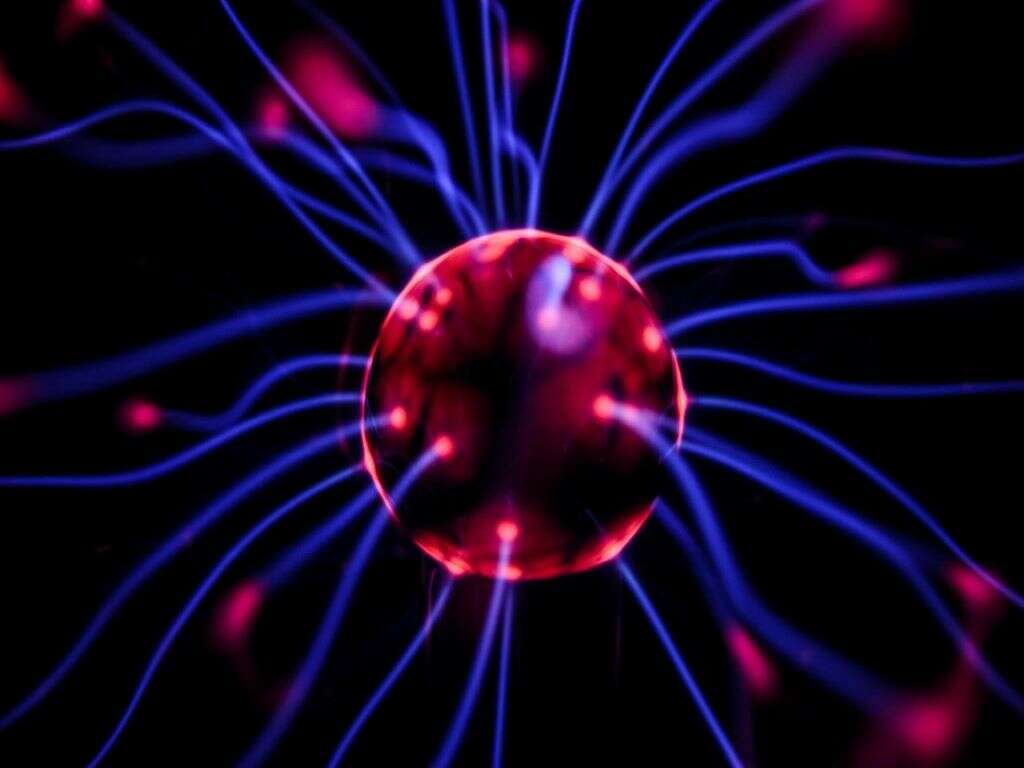10 Mini Stroke Symptoms
 Article Sources
Article Sources
- 1. 'What is a TIA?' American Stroke Association, https://www.stroke.org/en/about-stroke/types-of-stroke/tia-transient-ischemic-attack/what-is-a-tia.
- 2. Yvette Brazier; Heidi Moawad, MD. 'What is a transient ischemic attack (TIA)?' Medical News Today, February 16, 2021, https://www.medicalnewstoday.com/articles/164038#definition.
- 3. Ananya Mandal, MD; Sally Robertson, B.Sc. 'Cerebrovascular Disease Symptoms.' News Medical Life Sciences, https://www.news-medical.net/health/Cerebrovascular-Disease-Symptoms.aspx.
- 4. 'Headaches in transient ischemic attacks (TIA).' National Library of Medicine, https://pubmed.ncbi.nlm.nih.gov/4016929/.
A mini stroke is very similar to a stroke. But the impact and long-term effects are far less damaging. Most mini strokes are actually transient ischemic attacks (TIAs). During a TIA, blood flow to the brain or retina is briefly obstructed. Symptoms usually only last a few minutes or hours, typically no longer than 24 hours.1‘What is a TIA?’ American Stroke Association, https://www.stroke.org/en/about-stroke/types-of-stroke/tia-transient-ischemic-attack/what-is-a-tia.
However, a mini stroke may be a vital warning sign of an impending stroke, so it’s important to recognize the symptoms. Being aware of them allows an individual to seek medical attention right away. This may provide essential intervention to help prevent or lessen the effects of a more serious stroke event.

1. Numbness
During a TIA, one side of the face may go numb or even droop. It can partially impact the person’s mouth and eye, or, numbness down the left or right side of the body can occur. The area of obstructed blood flow in the brain determines the location of the numbness.
This feeling usually comes on suddenly. It might last for only a few minutes or persist for several hours. Tingling may also accompany the feeling of numbness. Sufferers should be sure to give their medical provider a detailed description of all their symptoms to help diagnose the issue.

2. Muscle Weakness
Muscle weakness often accompanies the numbness and tingling that are common with mini strokes. An affected individual may find it difficult to lift their arm. If this happens, they can try lifting both arms to identify if there’s a noticeable difference.
Alternatively, muscle weakness can cause a leg to give out, leading to a stumble or fall. People shouldn’t assume these are minor issues and ignore the signs. Being seen by a doctor right away may help prevent a full-blown stroke.

3. Speech Problems
Speech issues, called dysphasia, are also common warning signs of a mini stroke. These problems can present in many different ways. For example, speech may be slurred or the individual can’t talk at all. If they’re able to speak, it may sound like gibberish.
If someone appears to be having a TIA, asking them to repeat a simple sentence can help identify the problem. If they’re unable to do so or they’re incoherent, it’s best to seek medical attention.

4. Dizziness
TIA may cause dizziness and a loss of balance. Poor coordination or trouble walking are possible, as well. Other symptoms, such as muscle numbness and weakness, can worsen the dizziness, causing more impairment.
Some people may also have nausea during a mini stroke. Seeking treatment is the smart course of action for people at high risk for TIA and stroke. Some of the risk factors include high blood pressure, diabetes, carotid artery disease and high cholesterol.

5. Vision Issues
Impaired, blurred or double vision may be signs of a mini stroke. It’s also possible to suddenly lose the ability to see for a brief period. Many patients describe the experience as having a dark curtain dropped over their eyes.
These vision issues can happen in one or both eyes, but usually affects only one. The symptoms may mean a blockage or blood clot is in the vessel supplying blood to the retina. It’s best to consult a doctor if this happens, even if the problem only lasts a few minutes.

6. Temporary Paralysis
Paralysis can be an especially frightening effect from a mini stroke. Fortunately, it’s often only temporary since TIAs don’t typically cause permanent neurological issues. But if it’s ignored, a major stroke may occur soon after, causing permanent damage.
The Centers for Disease Control and Prevention revealed that when treatment isn’t provided after a mini stroke, nearly 33 percent of patients suffer a full-blown stroke over the next 12 months.2Yvette Brazier; Heidi Moawad, MD. ‘What is a transient ischemic attack (TIA)?’ Medical News Today, February 16, 2021, https://www.medicalnewstoday.com/articles/164038#definition. That’s why follow-up care is vital when someone experiences temporary partial or total paralysis.

7. Disorientation
Mini strokes often cause confusion and disorientation. The reduced blood flow to the brain can leave the person feeling flustered and dazed. When paired with some of the other common TIA symptoms, it’s understandable if they feel bewildered and overwhelmed.
This disorientation may make it difficult for a person to understand what someone is saying to them. It’s important to be patient and calming with an individual who may be having a mini stroke, in case they’re disoriented. Medical care should be sought as soon as possible.

8. Impaired Consciousness
Loss of consciousness is an uncommon mini stroke symptom, but it does happen with some severe cases of TIA.3Ananya Mandal, MD; Sally Robertson, B.Sc. ‘Cerebrovascular Disease Symptoms.’ News Medical Life Sciences, https://www.news-medical.net/health/Cerebrovascular-Disease-Symptoms.aspx. However, since it’s not a typical symptom, a mini stroke may not be the obvious thought when someone faints. But, as with any atypical, unexplained health issues, follow-up with the individual’s doctor is indicated.
It might be that their fainting could be the sign of some other condition that needs medical attention. Diagnostic testing can identify or rule out any dangerous potential diseases or conditions.

9. Headache
A moderate to severe headache may be due to a mini stroke.4‘Headaches in transient ischemic attacks (TIA).’ National Library of Medicine, https://pubmed.ncbi.nlm.nih.gov/4016929/. Typically, the headache comes on after the TIA. However, some people have a headache just before the mini stroke event.
One study revealed that 30 percent of patients who suffered a TIA also had a headache. TIA-related headaches may be more common in women. Many patients describe the pain as similar to a migraine headache. But they state that unlike the slow onset of migraines, mini stroke headaches hit hard and fast.

10. Unusual Sense of Smell and Taste
Some senses may be impaired during a mini stroke, such as taste and smell. A person may temporarily experience abnormal or unusual tastes. A metallic taste is one typical complaint.
An impaired sense of smell from a TIA can present as the inability to smell anything, partially or totally. But the impairment typically resolves quickly if it’s caused by a mini stroke. These symptoms are longer-lasting with other conditions that can impact a person’s senses, such as normal aging.











